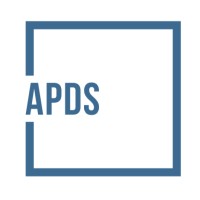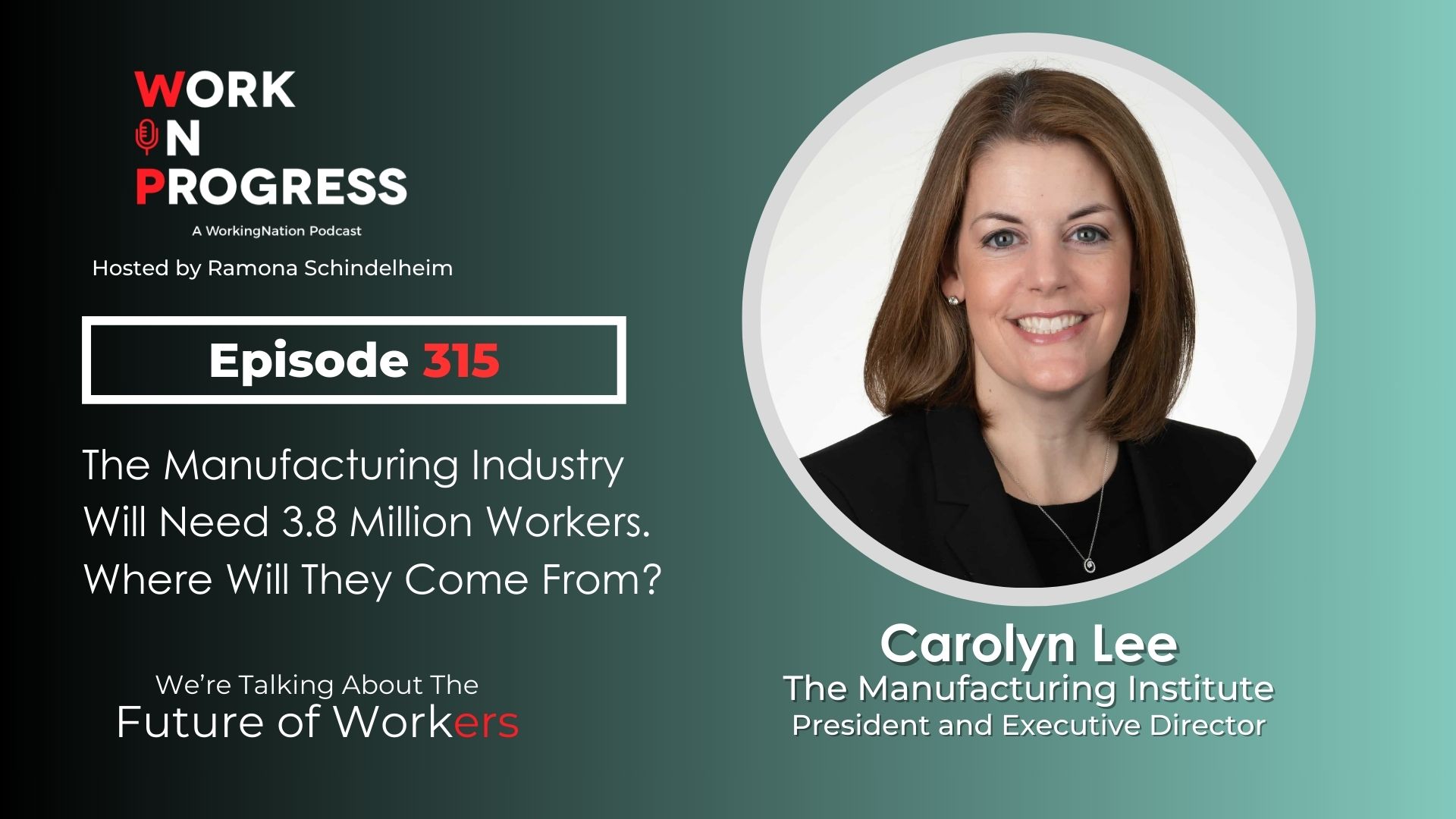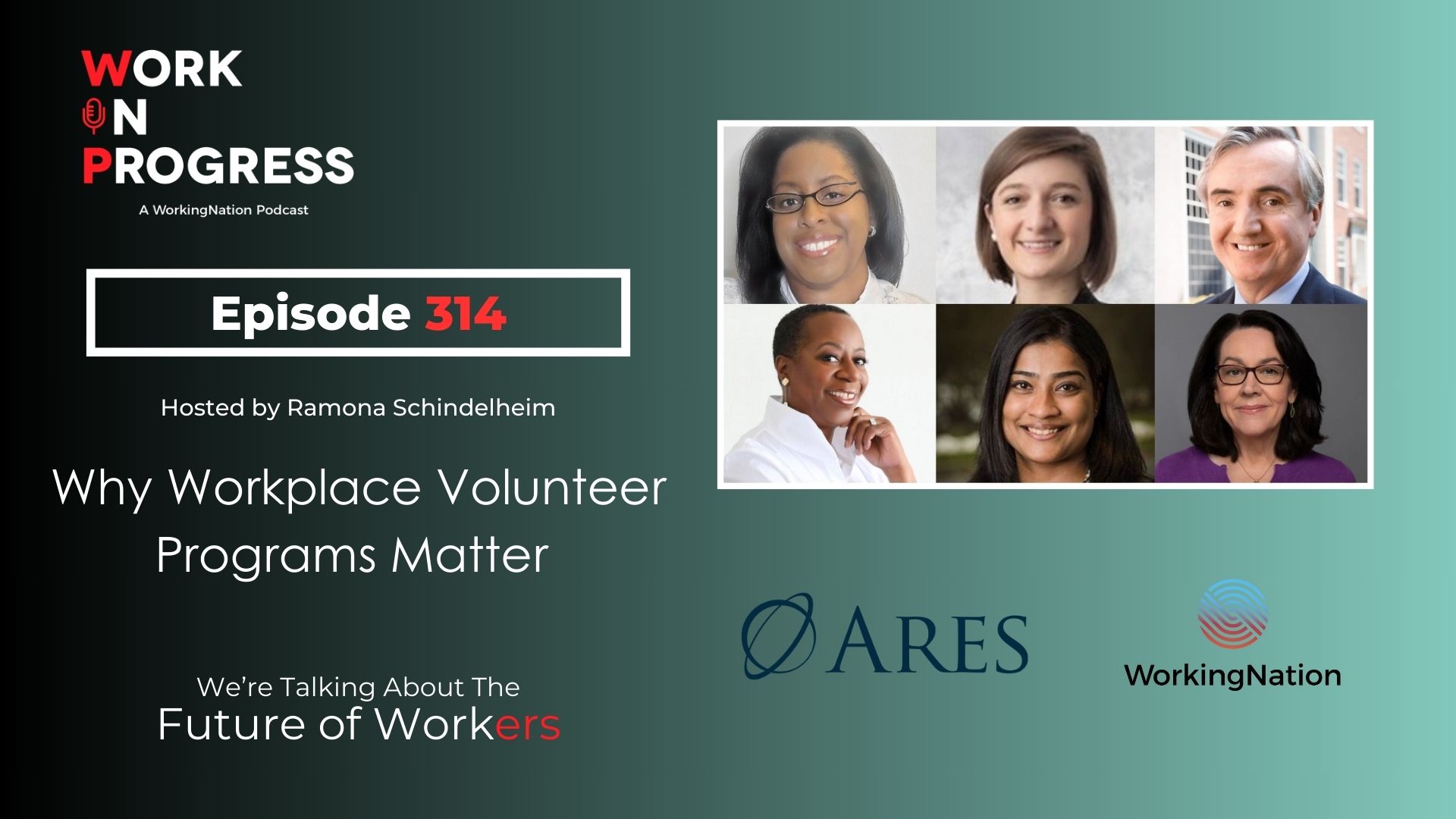This month, former college football star Julian Blair will get a new beginning. He will leave prison in Fort Dix, New Jersey and start his new career in an industry he hadn’t previously considered.
“I like the thought of what can happen when I come home. It gives me the opportunity to show what I can do for (my family),” Blair says.

During his two years in a Washington, DC jail, he learned of a program by APDS, a public benefit edtech corporation and certified B-Corporation that sells an educational platform for justice-impacted individuals.
Justice-impacted is anyone who has been touched by the criminal justice system, regardless of conviction status.

“We believe that those who have been incarcerated, convicted but not incarcerated, and those who have been arrested should not be defined by their circumstances or prior actions, and use ‘justice-impacted’ because it describes an aspect of a person, but it is not the person,” says Arti Finn, APDS co-founder and chief strategy officer.
While more than half of prison inmates surveyed have a work assignment during incarceration, less than 20% participate in an educational program; less than 10% have job training, according to a report by the Prison Policy Initiative.
“Incarcerated people are starved for opportunities to earn a real living and find purpose in state prisons. It’s in everyone’s best interest to offer meaningful opportunities to incarcerated people,” the report says.
“Eighty-five percent (85%) of incarcerated individuals have no access to education programming, and the unemployment rate remains high for those who have served time,” Finn adds. “Our mission at APDS is to change this and provide justice-impacted individuals with a second chance at success through secure, evidence-based education platform and secure technology.”
The Whole Learner Framework
APDS started in 2014, bringing GED programs to correctional institutions. It now partners with Amazon Web Services (AWS) to provide meaningful opportunities.
Through its programs, anyone with access to its platform can participate, and the company provides the hardware and software for free. It requires a tablet (like an iPad), software, and the support of the administrators of the partner facilities, which include departments of corrections, education, labor, jails, parole, probation and court systems.
Learners take an assessment to determine career readiness or simply explore career options. Based on that outcome, they can take video and virtual classes to complete required skills and certifications at their own pace. They can even complete their learning after their release. APDS calls this approach the “Whole Learner Framework.”
“The proprietary curriculum motivates and engages to effectively educate and equip learners to attain and sustain a living wage career,” Finn says. “This approach considers the holistic needs of the learners, addressing not only their educational and skill development but also their mental, emotional, and social well-being. This framework helps create a more supportive and effective learning environment for justice-impacted individuals.”
‘I was just trying to find a new route for myself’
Blair participated in the program through the Washington, D.C. jail’s “lead up” initiative. He took the assessment and studied for months. He used the APDS-issued tablets to enroll, watch video classes, prepare for and take exams. He’s already completed the first step to becoming a cloud practitioner.

“I was just trying to find a new route for myself when I came home,” he says. “I never actually had jobs in the business world. And (web services) are about to rule the world! I decided to pursue a career in the field.”
APDS products and services are deployed in facilities across 18 states so far. While job placement isn’t part of its offerings, it does work with employers and workforce boards to help justice-impacted individuals find living-wage jobs upon reentry.
Blair secured a six-month internship as a Cloud Engineering Junior Associate with a technology and cloud engineering team upon his release.
“My personal opinion is it’s best for anyone to take an opportunity when they’ve given you,” he says. “A lot of people don’t have the interest, but I believe APDS is opening doors for people who are locked up to do something different.
“You don’t just have to go to school. My major in college was sports management and psychology. I never worked computers besides writing essays. This certification is giving me opportunities, and opening so many more doors because the certification allows me to do so much more.”
According to APDS, 85% of its learners earn their AWS Cloud Practitioner Certificate. At the Washington, DC jails program, for example, 100% of learners pre-qualified for AWS job interviews.
“We don’t accept corrections for what it is but rather what we want it to become,” Finn says. “We are committed to changing the correctional system from one of warehousing to one of true rehabilitation.”











